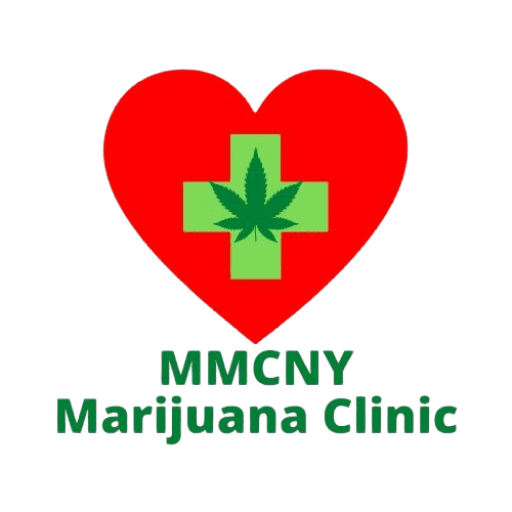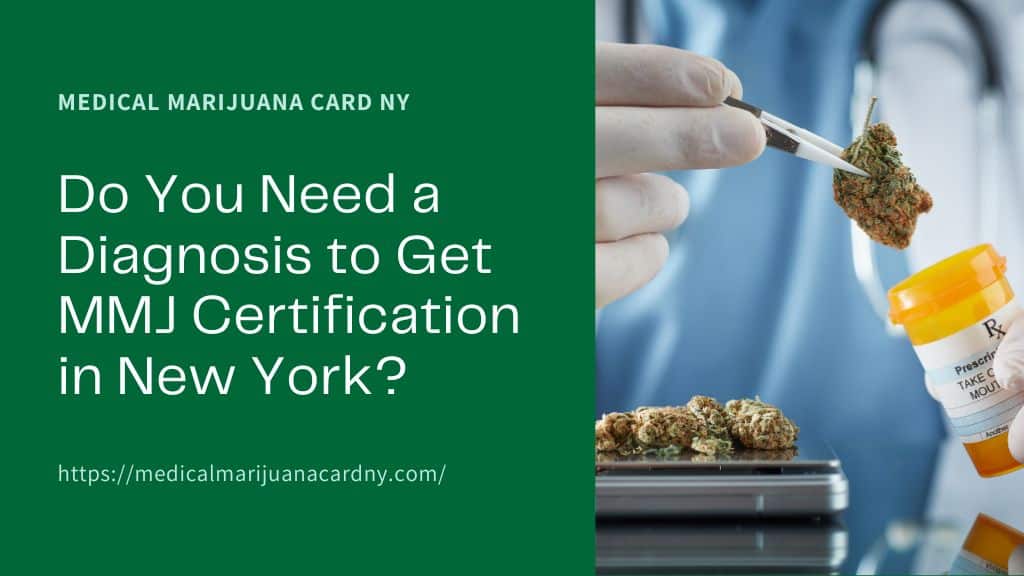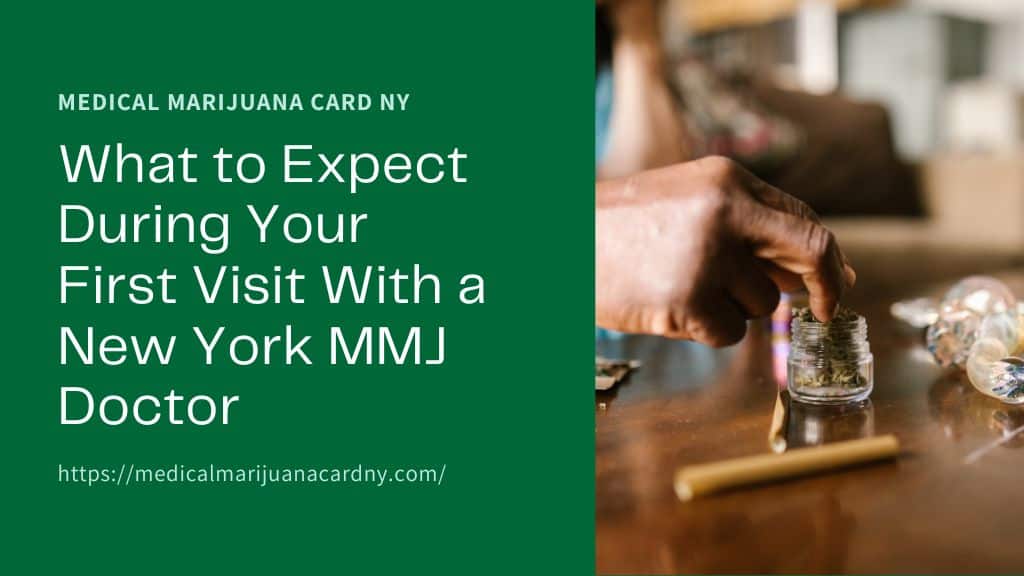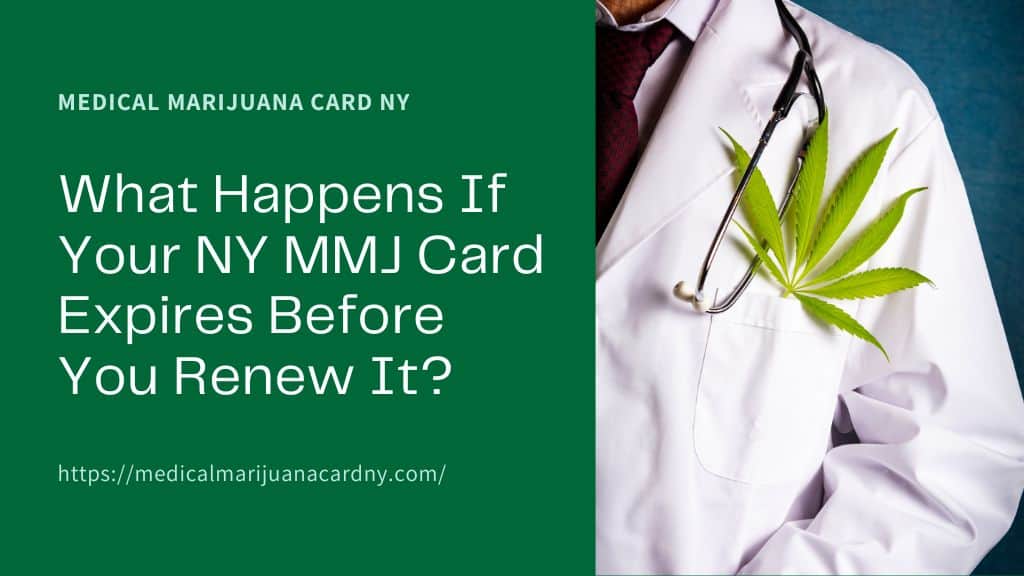In New York, the intersection of medical marijuana certification and gun ownership rights presents a complex legal puzzle for residents. As the state advances its cannabis policies, allowing for medical marijuana use through certification by qualified doctors, individuals are left questioning how these state-level permissions align with federal firearms regulations. The critical question, Can You Own a Gun with a Medical Marijuana Card in New York? underscores a significant legal dilemma: reconciling New York’s progressive stance on cannabis with stringent federal laws that restrict gun ownership for users of controlled substances, including marijuana. This article delves into the nuances of this pressing issue, exploring the legal landscape that New Yorkers must navigate.
Table of Contents
ToggleThe Legal Intersections of Medical Marijuana and Gun Ownership
Understanding Federal Law
Under the Gun Control Act of 1968, the United States federal government has established clear restrictions on the ownership and possession of firearms by certain individuals. This includes those who are “unlawful users of or addicted to any controlled substance,” as defined by the Controlled Substances Act. Marijuana, despite its changing legal status at the state level, remains classified as a Schedule I controlled substance at the federal level. This classification puts cannabis in the same category as heroin, LSD, and ecstasy, indicating a perceived high potential for abuse and no accepted medical use.
The Bureau of Alcohol, Tobacco, Firearms and Explosives (ATF) reinforces this stance, explicitly stating that the federal prohibition on firearm possession extends to individuals who use marijuana, regardless of whether their use is authorized by state laws. This clarification leaves no ambiguity about the federal government’s position, creating a significant legal consideration for marijuana users across the country.
State vs. Federal Law in New York
In contrast to federal regulations, New York State has moved towards a more progressive stance on marijuana. As of March 2023, New York transitioned from a medical marijuana card system to a certification model, where qualified doctors can certify patients for medical marijuana use. This change simplifies the process for patients, reflecting the state’s efforts to make medical marijuana more accessible. Furthermore, the legalization of recreational marijuana use in New York, effective from March 31, 2021, marks a significant shift in the state’s approach to cannabis.
However, the progressive steps taken by New York create a complex legal scenario for residents, especially those interested in owning firearms. Despite the state’s legalization of marijuana for both medical and recreational purposes, the federal prohibition on gun ownership for users of marijuana remains firmly in place. This discrepancy between state and federal laws places residents in a challenging position, forcing them to navigate the legal ramifications of their marijuana use concerning their Second Amendment rights.
The legal paradox created by the conflicting laws is not just a theoretical issue but a practical one that affects the lives of many New Yorkers. Individuals who are legally prescribed marijuana for medical purposes or who choose to use marijuana recreationally in accordance with state law must be aware of the federal restrictions on firearm possession. This awareness is crucial for avoiding potential legal consequences, as federal law enforcement agencies have the authority to enforce federal statutes, even in states where marijuana use is legal.
The situation underscores the need for a coherent policy approach that reconciles the federal government’s drug control policies with the reality of state-level marijuana legalization. Until such reconciliation occurs, residents of New York and other states with legalized marijuana must carefully consider their choices regarding cannabis use and gun ownership.
Navigating the Certification Process and Gun Ownership
The Shift to Medical Marijuana Certification
In March 2023, New York State introduced a pivotal change to its medical marijuana program, transitioning from a traditional card-based system to a more streamlined certification process. This modification was designed to simplify access to medical cannabis, allowing patients to receive MMJ certification directly from qualified healthcare providers. Upon receiving this certification, patients are automatically registered with the state, eliminating the need for a physical medical marijuana card. This update reflects New York’s ongoing efforts to modernize and improve the accessibility of medical marijuana for those in need.
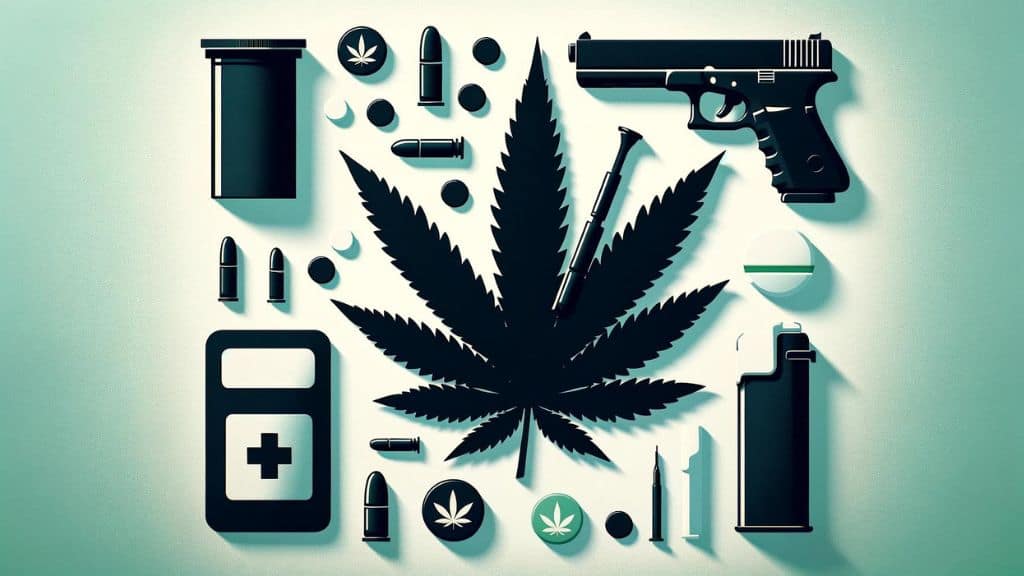
Implications for Gun Ownership
However, this shift raises important questions regarding gun ownership for individuals certified to use medical marijuana. It’s crucial to understand that while New York has updated its approach to medical marijuana, the federal restrictions on gun ownership remain unchanged. Under the Gun Control Act of 1968, and reinforced by subsequent guidance from the Bureau of Alcohol, Tobacco, Firearms and Explosives (ATF), individuals who are unlawful users of or addicted to controlled substances, including marijuana, are prohibited from possessing firearms or ammunition. This federal law applies regardless of any state’s medical or recreational marijuana legalization.
The Impact on Gun Ownership
The introduction of the medical marijuana certification system in New York does not alter the federal stance on gun ownership for individuals using marijuana. Despite the state’s progressive steps towards legalizing and regulating cannabis use, federally, marijuana continues to be classified as a Schedule I controlled substance. This classification brings a significant legal dichotomy into play for New Yorkers who are certified for medical marijuana use. While they may legally access cannabis within the state, their certification effectively disqualifies them from legally owning a firearm under federal law.
This situation places individuals in a complex legal predicament. On one hand, New York State recognizes and supports their right to medical marijuana for therapeutic purposes. On the other, federal law mandates a prohibition on gun ownership, creating a conflict that directly impacts the lives of certified medical marijuana users interested in exercising their Second Amendment rights.
Therefore, even if you have a medical marijuana certification in New York, owning a gun is a federal offense and can result in serious consequences, including imprisonment.
Important Considerations:
- This applies to purchasing, transferring, and possessing firearms.
- Even if you already own a gun before obtaining a medical marijuana card, the federal law still applies.
- There are some legal exceptions for specific individuals involved in the cultivation and distribution of medical marijuana, but they do not apply to general cardholders.
It’s crucial to carefully consider these legal restrictions before making any decisions regarding gun ownership and medical marijuana use. It’s also highly recommended to consult with an attorney specializing in firearms laws or marijuana law for more specific guidance based on your individual situation.
Practical Considerations for New Yorkers
Disclosure and Background Checks
When applying to own a firearm in the United States, applicants are required to fill out the Bureau of Alcohol, Tobacco, Firearms and Explosives (ATF) Form 4473. This form includes a question that directly asks the applicant if they are an unlawful user of, or addicted to, marijuana or any depressant, stimulant, narcotic drug, or any other controlled substance. Notably, the form explicitly states that the use of marijuana remains unlawful under federal law, regardless of whether it has been legalized or decriminalized for medicinal or recreational purposes in the state where the applicant resides.
The requirement to disclose marijuana use on federal forms introduces a pivotal dilemma for individuals who legally use medical marijuana in states like New York. Providing a false statement on this form is considered a federal offense. The legal ramifications of making false statements on ATF Form 4473 can be severe, including potential fines and imprisonment. Specifically, making a false statement during the firearms acquisition process is a felony that could lead to up to ten years in prison.
Medical Marijuana Certification vs. Gun Ownership
For New Yorkers, the choice between obtaining medical marijuana certification and owning a firearm is fraught with legal complexities. On one hand, medical marijuana certification offers a legal pathway to manage and treat various health conditions, aligning with New York’s progressive stance on cannabis use. On the other hand, federal laws place strict prohibitions on firearm ownership for those who use or are addicted to controlled substances, including marijuana.
This legal dichotomy places individuals in a challenging position. Opting for medical marijuana certification may necessitate forgoing the right to own firearms under current federal law. Conversely, individuals desiring to maintain or acquire firearm ownership may feel compelled to avoid or relinquish medical marijuana use, even if it is the most effective treatment for their medical condition.
The choices faced by New Yorkers are emblematic of broader national conflicts between state-level marijuana legalization and federal firearms regulations. As of now, there is no simple resolution on the horizon, leaving individuals to navigate these legal waters with caution. Awareness and understanding of the legal risks involved are paramount for anyone in this position.
Legal Challenges and Advocacy Efforts
Ongoing Legal Debates
Recent legal challenges have brought the issue to the forefront, questioning the constitutionality of federal restrictions on gun ownership for legal marijuana users. One notable case is Wilson v. Lynch, where the Ninth Circuit Court of Appeals upheld the federal ban on gun sales to medical marijuana cardholders, emphasizing the government’s interest in preventing drug users from owning firearms. This case underscored the tension between state laws permitting marijuana use and federal laws restricting gun ownership among users.
Furthermore, legal experts and scholars continue to examine the implications of such restrictions under the Second Amendment. These debates often highlight the need for a nuanced approach that considers the changing landscape of marijuana legalization and its impact on individuals’ rights.
Advocacy and Reform Efforts
Advocacy groups and lawmakers are actively seeking ways to align state and federal laws regarding marijuana use and gun ownership. Organizations such as the National Organization for the Reform of Marijuana Laws (NORML) and the Drug Policy Alliance have been vocal in their efforts to advocate for policy changes that respect states’ rights and the Second Amendment. They argue that legal marijuana users should not be automatically disqualified from exercising their constitutional right to own firearms.
On the legislative front, proposed bills such as The Gun Rights And Marijuana (GRAM) Act aim to address this legal incongruity. The GRAM Act seeks to protect the gun ownership rights of individuals in states where marijuana use is legal, effectively removing the federal prohibition for such individuals. While these legislative efforts face significant challenges and debates in Congress, they represent a growing recognition of the need to update federal laws to reflect the realities of state-level marijuana legalization.
These ongoing legal debates and advocacy efforts illustrate the complex landscape surrounding marijuana use and gun ownership. As more states legalize marijuana for medical and recreational purposes, the pressure on federal lawmakers to reconsider and potentially revise firearms regulations will likely increase. The ultimate goal of these efforts is to ensure that individuals who legally use marijuana are not unjustly deprived of their constitutional rights, fostering a legal environment that respects both public safety and individual liberties.
Conclusion
Navigating the complex legal landscape of medical marijuana use and gun ownership in New York presents a significant challenge for residents. This article has highlighted the stark contrast between state laws that permit medical and recreational marijuana use and federal regulations that restrict firearm possession for marijuana users. It underscores the critical need for individuals to stay informed about the evolving legal frameworks at both the state and federal levels.
The ongoing legal debates and advocacy efforts aimed at reconciling these conflicting laws have been crucial in pushing for change. As the discussion continues, it’s imperative for New Yorkers to remain vigilant and proactive in understanding how these laws impact their rights and responsibilities. Engaging with and supporting reform efforts is essential for those seeking to navigate these issues successfully, as the landscape of marijuana legalization and gun ownership rights continues to evolve.
Resources
https://www.atf.gov/rules-and-regulations/gun-control-act
https://www.marijuanamoment.net/bipartisan-congressional-lawmakers-file-marijuana-legalization-bill/
https://www.jdsupra.com/legalnews/fifth-circuit-upholds-marijuana-user-s-3044399/
https://www.congress.gov/bill/117th-congress/house-bill/2830

